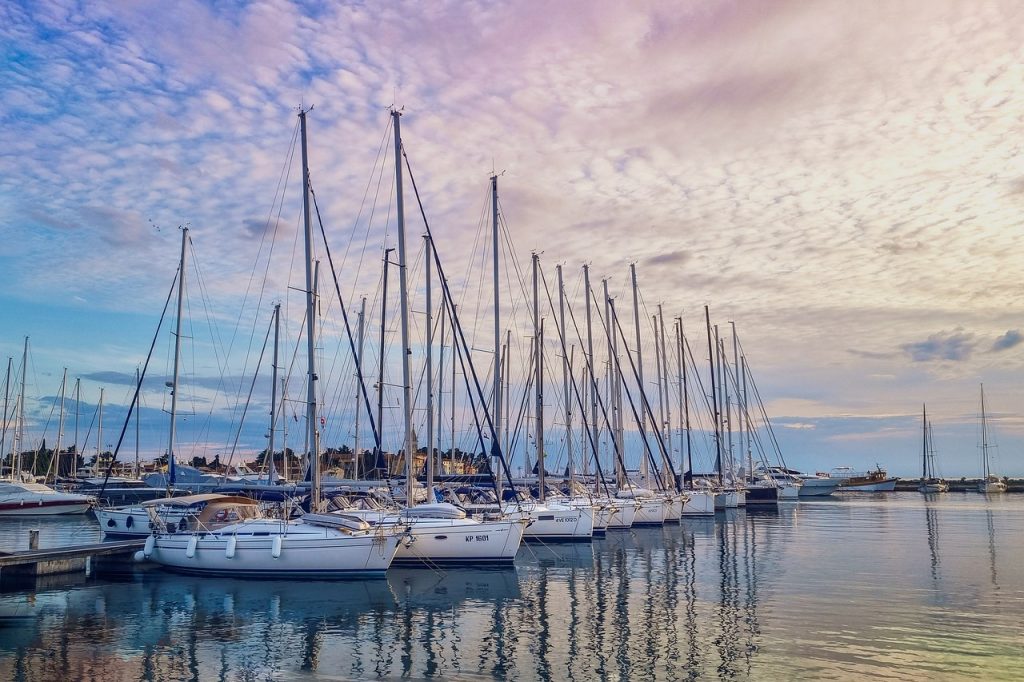Boating offers a unique way to connect with nature, but it also comes with responsibilities to protect the environment we cherish.
Understanding the Importance of Eco-Friendly Boating
Waterways, whether they’re oceans, lakes, or rivers, are sensitive ecosystems teeming with life. Pollution from boats, such as oil spills, plastic waste, and chemical runoff, can cause serious harm to these environments.
Noise pollution and physical damage from anchors can disrupt marine habitats and harm aquatic animals. By adopting eco-friendly boating practices, boaters contribute to the preservation of these natural spaces, helping to maintain the delicate balance of the ecosystem.
The type of boat you choose can have a significant impact on the environment. Today, there are many options available for eco-conscious boaters, each offering different advantages and reduced environmental footprints.
Electric and Hybrid Boats
Electric and hybrid boats are becoming increasingly popular as they produce fewer emissions compared to traditional gas-powered boats. Electric boats are powered by rechargeable batteries and are completely emissions-free, making them ideal for those who want to reduce their carbon footprint.
Hybrid boats use a combination of electric power and fuel, allowing for lower emissions and fuel consumption while maintaining the flexibility of traditional powerboats. While electric boats have limited range, they’re perfect for short, quiet cruises on lakes and calm waters.
Solar-powered boats harness energy from the sun using solar panels, which makes them one of the most eco-friendly options available. These boats are quiet and produce no emissions, making them perfect for environmentally sensitive areas.
Kayaks, canoes, and paddleboards are excellent eco-friendly options for short trips or exploring shallow waters. These boats don’t require fuel, produce zero emissions, and create minimal disturbance to wildlife.
For those who own traditional gas-powered boats, adopting fuel-saving practices can significantly reduce emissions and conserve fuel, benefiting both the environment and your wallet.
A well-maintained engine operates more efficiently, burning less fuel and producing fewer emissions. Regularly check and change the oil, clean or replace air filters, and inspect fuel lines for leaks.
These steps help your engine run smoothly and reduce pollutants released into the water and air. In addition, regularly flushing the engine with fresh water, especially after saltwater outings, prevents corrosion and keeps it running efficiently.

Smart navigation involves planning routes in advance to avoid unnecessary trips and reduce fuel usage. Avoiding full-throttle operation, especially in rough waters, saves fuel and reduces engine strain.
When cruising, find the optimal speed for fuel efficiency and avoid rapid acceleration or deceleration. By navigating thoughtfully, you can reduce your impact on the environment while saving fuel.
Some boat engines can run on alternative fuels like biodiesel, which produces fewer emissions than traditional gasoline. Biodiesel is made from renewable resources like vegetable oil, making it a cleaner-burning fuel option. Check with your boat manufacturer or a marine specialist to see if biodiesel or other eco-friendly fuel options are compatible with your engine.

